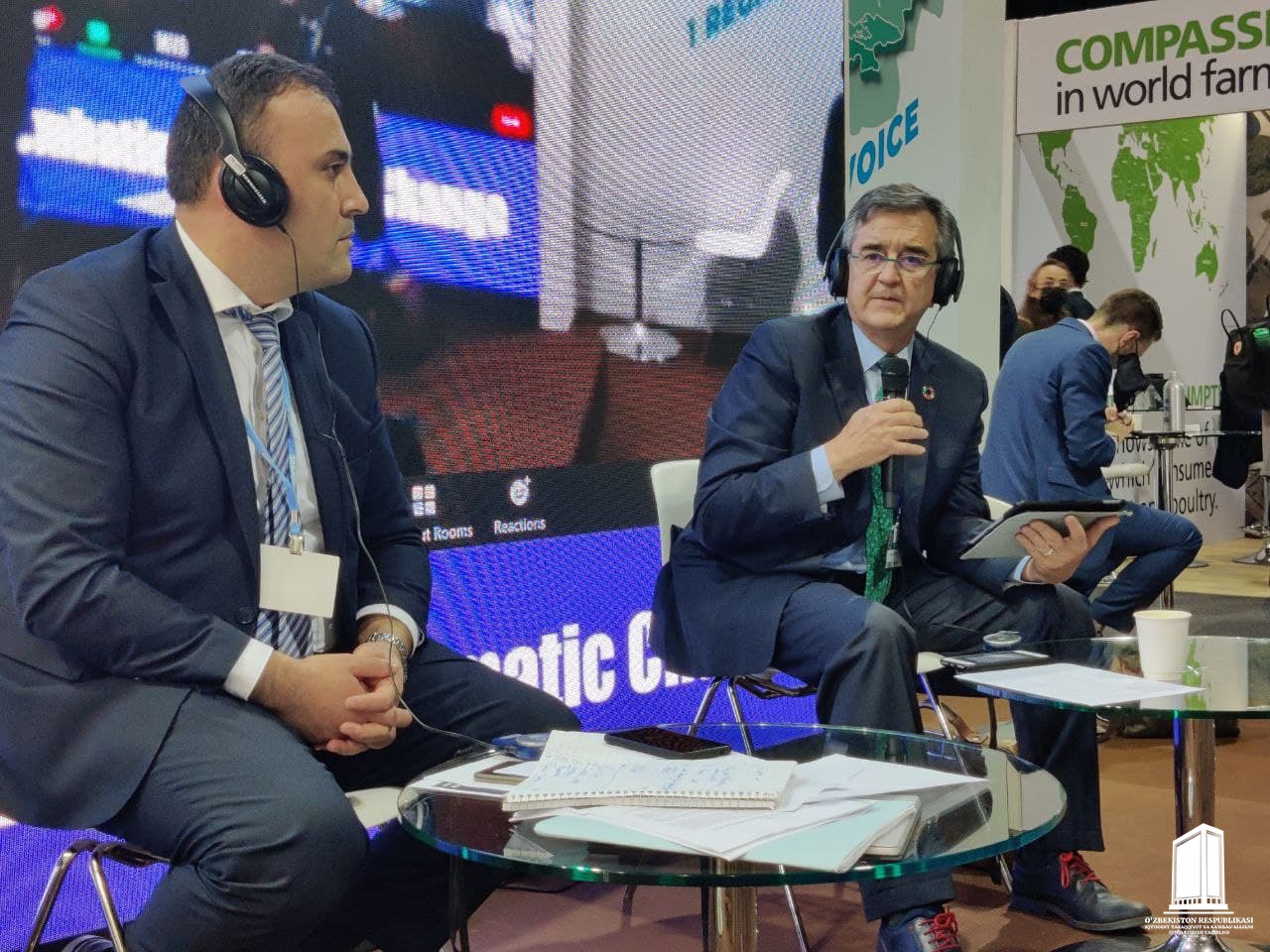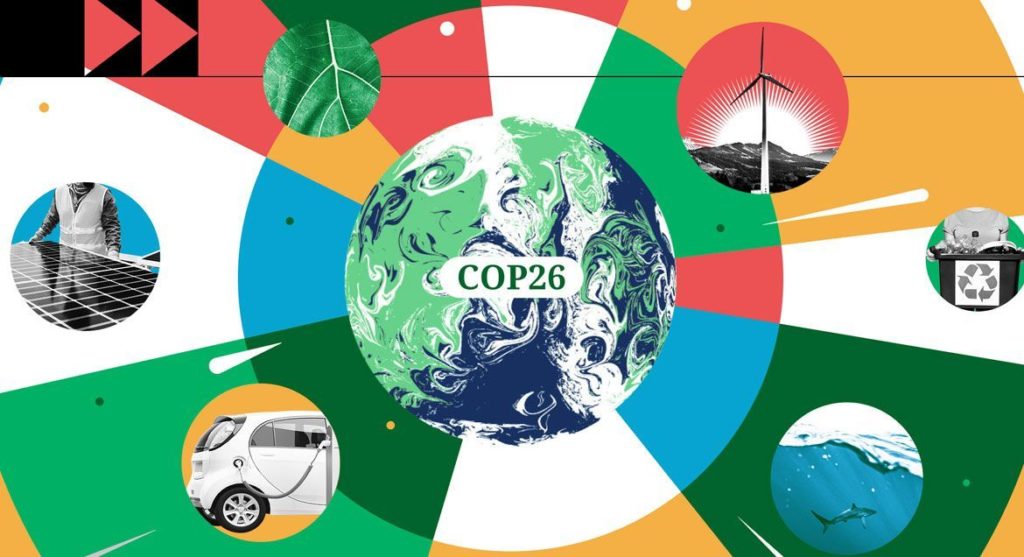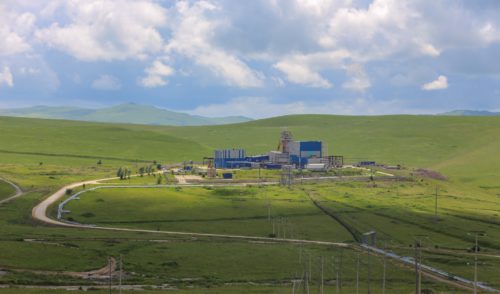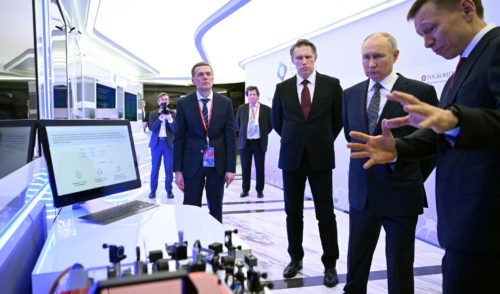
Environment as Top Priority
back to contentsHow can the burden on the environment be eased while avoiding a new energy crisis? This question was one of the key topics at the UN Climate Change Conference in Glasgow and one of the most debated in connection with the energy crisis in Europe. Increasingly more experts share the opinion that the crisis cannot be resolved without nuclear power.
Uzbekistan has increased its commitments under the Paris Agreement. Speaking at the UN Climate Change Conference (COP26), Deputy Prime Minister of Uzbekistan Aziz Abdukhakimov said that the country intended to achieve a 35% reduction of greenhouse gas emissions by 2030 as compared to the 2010 level (up from 10% planned before). He also pointed out that Uzbekistan was prepared to work hand in glove with the international community in implementing the ‘green’ agenda and tackling climate change.
The country joined the Paris Climate Agreement in 2017. According to the Uzbekistan Meteorology Service, the speed of warming in the country exceeds the global average, which results in faster melting glaciers, shrinking water supplies, and a rising frequency of extreme weather conditions, such as mudflows, avalanches and droughts. The area of the Aral Sea shrank almost threefold over the last fifty years, causing sand and salt storms.
Uzbekistan plans to produce 25% of electric power from renewable energy sources by 2030. This goal will be supported by the country’s first nuclear power plant, which is expected to be launched by that time.
In the autumn, an energy crisis broke out in Europe, and some countries started using ‘dirty’ sources of energy, while electricity prices skyrocketed. The crisis made many officials and experts change their attitude to nuclear energy. Twelve EU members called for the inclusion of nuclear energy into the EU sustainable finance paradigm. Uzbekistan News published a selection of quotes from European media about the energy crisis. “The more I think about this problem, the more I grow convinced that nuclear should be a part of the solution. The country needs cheap and affordable energy, a sustainable system we can rely on without fearing unpredictable fluctuations of international prices,” Luxembourg Times quotes UK Secretary of State for Business, Energy and Industrial Strategy Kwasi Kwarteng as saying.
“We are witnessing a frenzy of growing prices for gas, oil and especially electric power – we now have the highest price of electricity ever. If we take a closer look at it, we will see that the nuclear phaseout was definitely a mistake,” German newspaper Bild writes.
The European energy crisis is a result of premature and emotional decisions. We have a chance to learn from this situation and choose the right course of development for our country, says Kakhramon Allaev from the Uzbekistan Academy of Sciences. “The life demonstrates that renewables alone will not suffice. There should be a combination of baseload power and additional sources, with baseload to be provided by advanced combined-cycle gas turbine plants, pumped storage units and nuclear stations,” he said in an interview for the Narodnoye Slovo web portal. The scientist reminds that the countries in the Middle East, North Africa and South Asia rich in hydrocarbons and solar energy are working hard to develop nuclear energy to secure a reliable source of electric power. “The optimal solution is a symbiosis of different energy sources that are complementary to each other. For example, apart from generating baseload power, nuclear can fill the gap in solar generation at nights or generate electric power for hydrogen production,” Kakhramon Allaev points out.

Uzbekistan’s neighbor Kazakhstan also studies the possibility of building a nuclear power plant in the country. Although the country has a surplus of electricity for the time being, it may well face a shortage of power in the next decade due to growing demand and obsolescence of equipment at the existing power plants. Kazakhstan also sets a goal of achieving carbon neutrality by 2060.
The two countries have much in common: both Kazakhstan and Uzbekistan rely on coal and gas-fired power plants while prospects of building hydro power plants are limited, says Bakhtiyor Ergashev, Director of Ma’no Center for Research Initiatives, in an interview for Uzbekistan News. “If the low-carbon energy trend continues, construction of nuclear power plants, whose performance does not depend on weather or time of the day, will be prioritized in the energy policies of the two countries. This is why the both countries have no alternative but nuclear energy,” Bakhtiyor Ergashev stresses the point.




